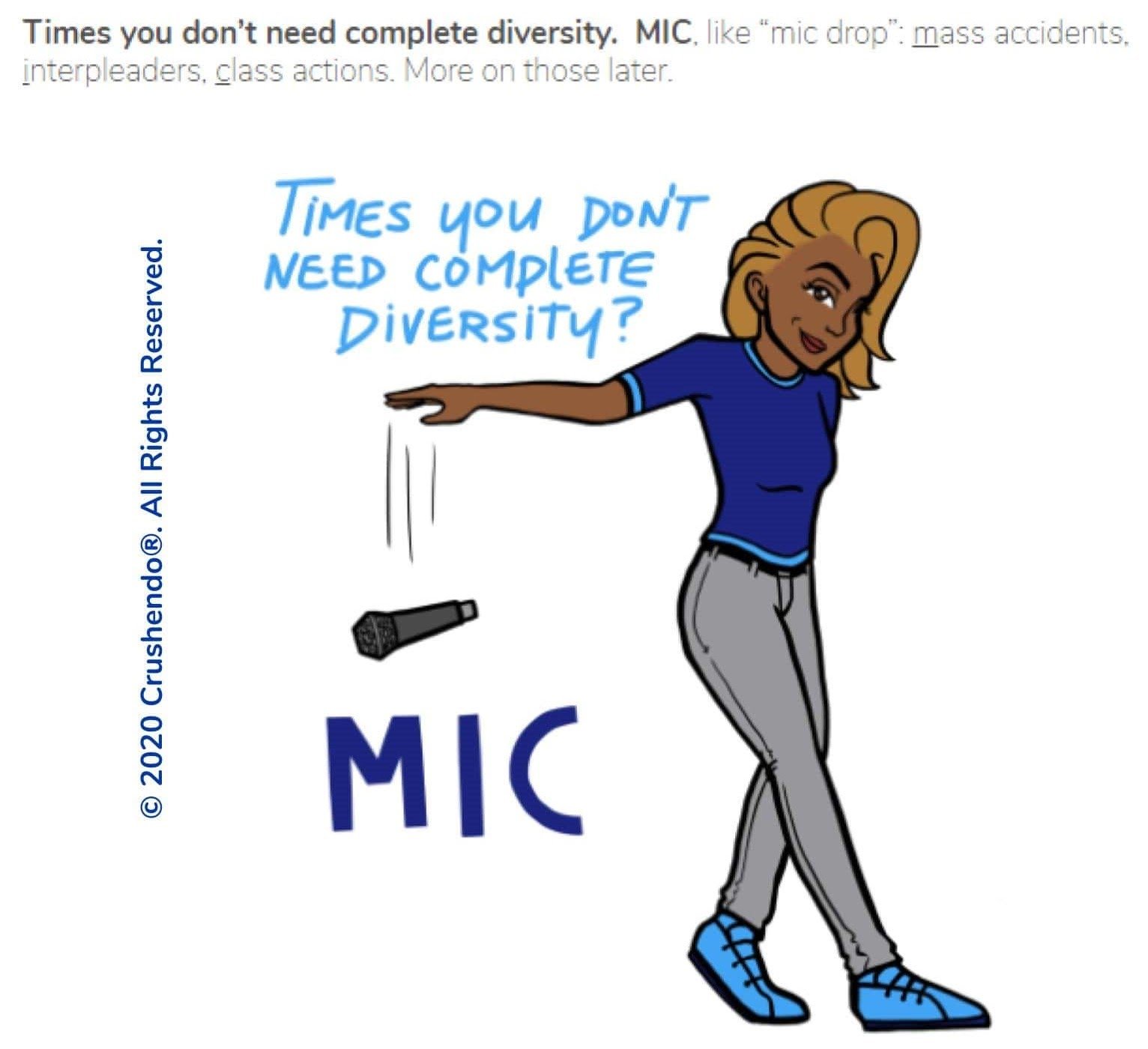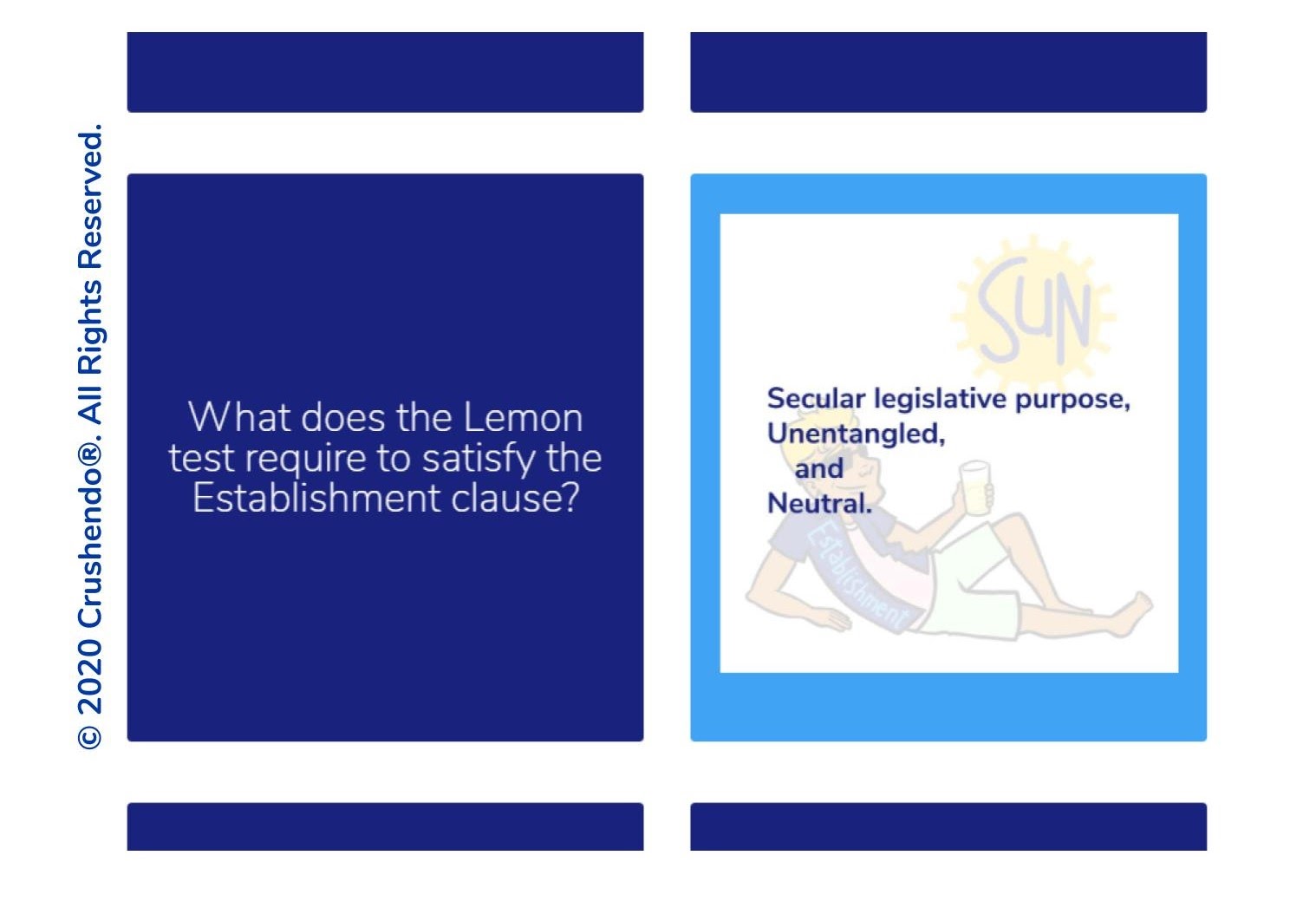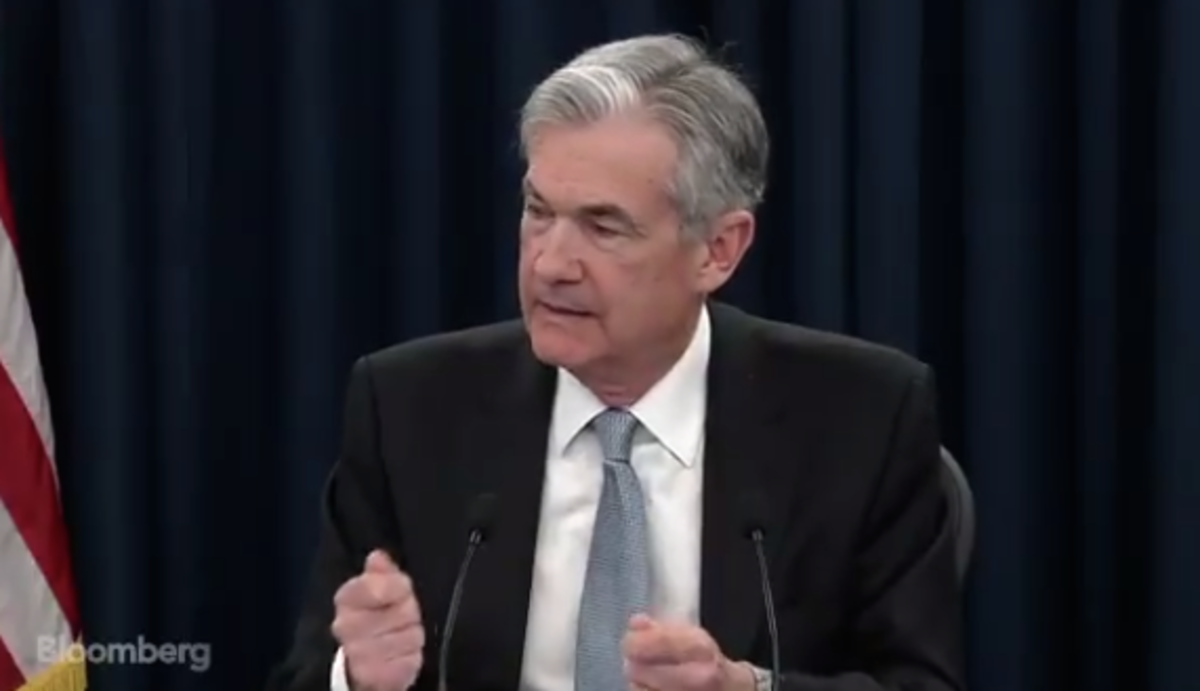The bar exam. Few things invoke a stronger reaction in law students, and not in a good way. There’s no getting around the fact that sufficiently preparing to pass the bar is an intense, time-consuming process. But thanks to Crushendo, founded by BYU Law grad Adam Balinski, it no longer has to be a boring one.
For decades, bar prep services have relied on primarily two main methods for delivering the information they think you need to know to pass the exam: long, talking-head lectures and outlines so voluminous they could serve as doorstops. Even as law students have seen more bar prep options enter the market, they haven’t seen much change in the way study materials are structured.
Until now. Crushendo is changing the bar prep game with audio and visual outlines that are accessible and engaging. Combine that with online flashcards, practice questions, and prices that won’t break the bank, and Crushendo is turning the bar prep industry on its head.
A New Approach to the Traditional Outline
Crushendo’s whole approach to bar prep is to help you memorize crucial information faster. This starts with informative, visually appealing outlines that are easy to digest and accompanied by audio.
The outlines provide convenient breakdowns of how often certain topics tend to be tested on the bar exam. From there, each topic is presented in discrete, logical chunks through the help of hundreds of proprietary mnemonics, color-coding, and illustrations. The idea here is to instill visual images that are easy to recall come testing time.

There are mnemonics for almost everything, and they have a handy color-coding system to aid with memorization. Mnemonics presented in green (or avocado) imply “and” logic, meaning all elements are required (“avocado” = “a” = “and”). Those in orange involve “or” logic (“orange” = “o” = “or”). If a mnemonic is simply a list without relational logic, it appears in black.

The outlines also include handy blue hyperlinks that will take you to many of the underlying cases or statutes.
As cool and engaging as these outlines are, they’re just the beginning. The real game changer is when the audio comes in. Crushendo intends for their outlines to be read in full as a first step, but you have options for how you do this, depending on your personal preferences.
If you’re a studier who can’t stand noise, you should read your outline for the first time in complete silence at your own pace. For those who can tolerate, or even prefer, background music, you’ve got two options – you can read along as the written outline is paired with an audio outline, or you can also add classical background music to the mix (each subject has its own optional background song). The key is finding the right level of audio engagement that works best for you.
After you’ve digested the whole outline once, your Crushendo bar prep experience allows you to listen to each section of each outline as an audio file any time, anywhere. Throw on a torts track while hitting the weights at the gym. Listen to the civil procedure course while you’re grocery shopping. Or if you’re like this Google reviewer, you can even use Crushendo to increase your quality time with your pets:
“I became instantly hooked by Crushendo’s use of mnemonics, concise outlines, and their tips and tricks from ONE YouTube video, that I had to get their MPRE package. It was the best decision ever. Although I had already purchased an MPRE outline from a popular bar company, it was simply not helping me memorize rule statements. Now, with Crushendo, I am able to go on my hour-long walks with my husky and be repeating the audio outlines, with awesomely vivid mnemonics, and feel like the rule statements are sticking! I have already recommended Crushendo to several classmates and can’t wait to buy their UBE package. Thank you, Crushendo!!”
The idea is to listen to each and every track 7-10 times so you eventually memorize all the concepts in convenient chunks. The combination of the information and music, especially when paired with mindless, enjoyable activities (stress relief, anyone?), is the best way to cement your knowledge of the concepts that will help you to pass the big exam.
Most bar prep products are designed to be used exclusively for that – studying come bar time. That’s why you get sold on expensive courses (more on that in a bit) and don’t see any materials till much later. Crushendo is different.
You get the materials right away, and you can use them throughout your law school experience to gain a deeper understanding of black letter law that will help you through your courses and finals, not just the bar exam itself. Take it from one successful Facebook user:
“I used Crushendo’s Civil Procedure outline during 1L and received my best grade in law school in Civil Procedure. I now listen to Evidence and Criminal Procedure during my daily commute and the repetition and the mnemonics are real game changers. If you commute and want to make that time more productive, you NEED Crushendo!”
Praise doesn’t get much better than that. (And speaking of Facebook, Crushendo gets an impressive 5 out of 5 stars).
Beyond Outlines (Stop! CrammerTime)
The Crushendo experience doesn’t end with the audio outlines and visual outlines. You also get compelling audio flashcards and online visual flashcards to help you further visualize and cement key concepts, as well as loads of official practice questions to prepare for the big day.
Flashcards are a great way to drill down those mnemonics and help with chunking – putting the right concepts in the right buckets so you’ll better remember them. With Crushendo, you get your flashcards in audio format, dubbed “CrammerTime,” accompanied (or not) by classical music tracks, according to your preference.

The final piece of any bar prep puzzle is practice questions, and Crushendo has you covered. Crushendo provides over 2000 practice questions, which they get directly from the NCBE itself – the folks who produce the Uniform Bar Exam – so you know they’re more reliable than many of the things you’ll randomly find on the internet. Even better, the essays and MPTs come with the actual bar grader reference point sheets, so you’re getting the best possible feedback instantly on your practice answers.
And since convenience is everything, all your Crushendo materials are available on both your computer and mobile devices. There’s even a blog and creative videos for more tips and tricks for surviving the bar. It’s hard to imagine how Crushendo could make bar prep any easier.
The Most Enjoyable Way to Crush Bar Prep
Crushendo is different than any other bar prep course you’ll come across, and that’s a great thing. The bar exam may be a rite of passage that will stand the test of time, but study materials have long needed to catch up with the modern age. That’s exactly what Crushendo has done.
Whether you’re preparing for law school finals, the UBE (or any its subparts – MBE, MEE, or MPT), your state bar exam, or the MPRE, Crushendo is the flexible study system that gives you the freedom to study and cram when and where you want. You get lifetime access to your materials for a fraction of the cost of any other equally comprehensive study program, and there’s even financing available if you need it. There’s also a 30-day, no-questions-asked, money-back trial period for you to test it out (though if you’re like 98% of their users, you won’t change your mind).
Let’s face it. The bar exam will always be hard and prepping for it will always be a ton of work. But it doesn’t have to be miserable. Break free from the lectures and outlines, and let Crushendo guide you to a more flexible, engaging, and effective study experience.
 Staci Zaretsky is a senior editor at Above the Law, where she’s worked since 2011. She’d love to hear from you, so please feel free to email her with any tips, questions, comments, or critiques. You can follow her on Twitter or connect with her on LinkedIn.
Staci Zaretsky is a senior editor at Above the Law, where she’s worked since 2011. She’d love to hear from you, so please feel free to email her with any tips, questions, comments, or critiques. You can follow her on Twitter or connect with her on LinkedIn.





















